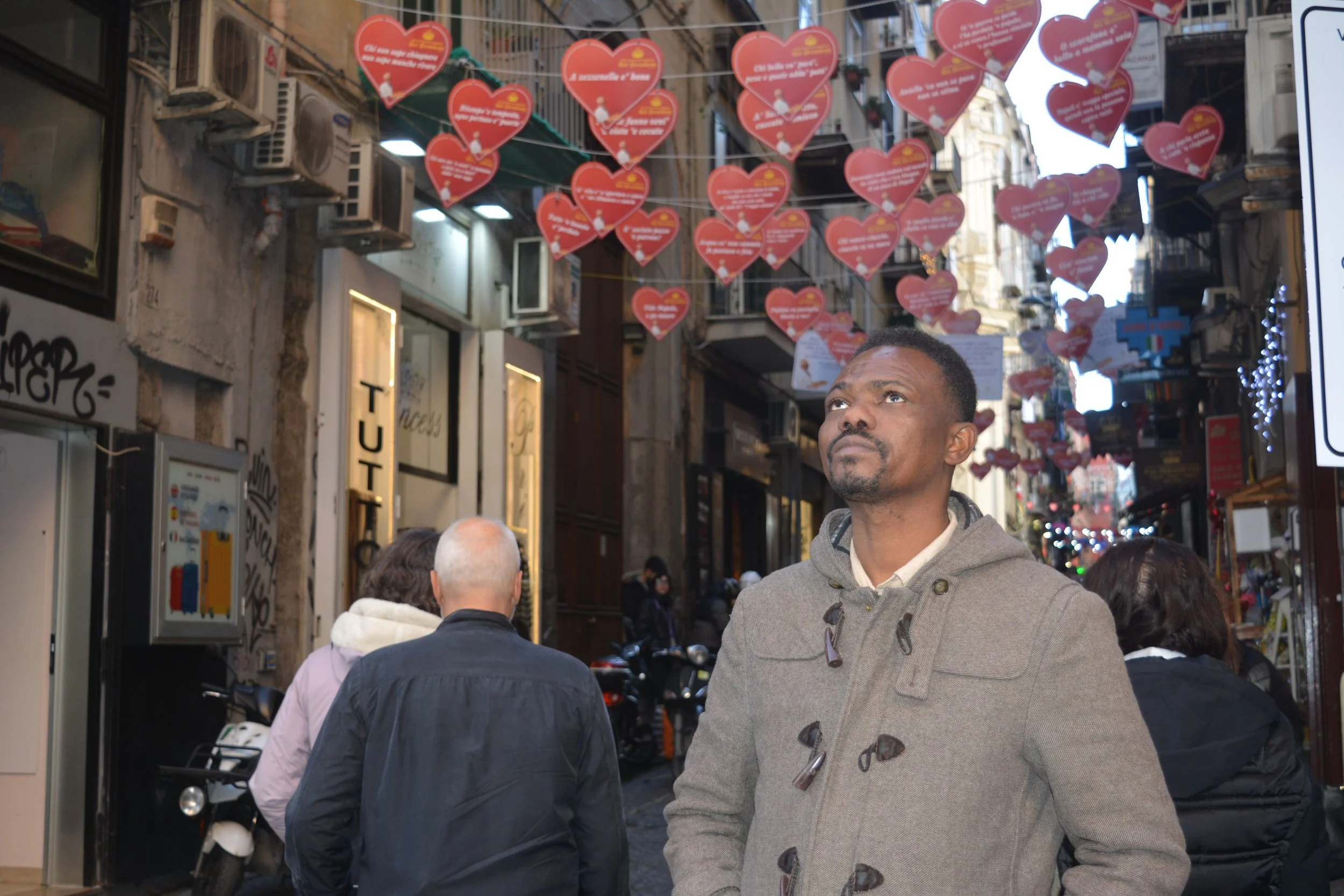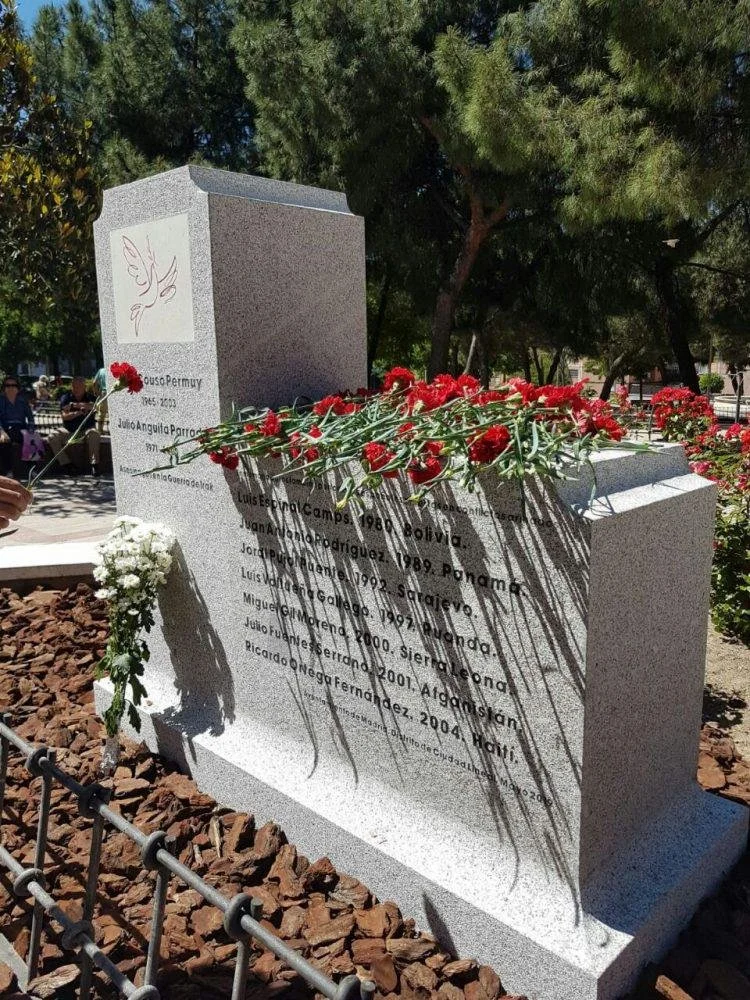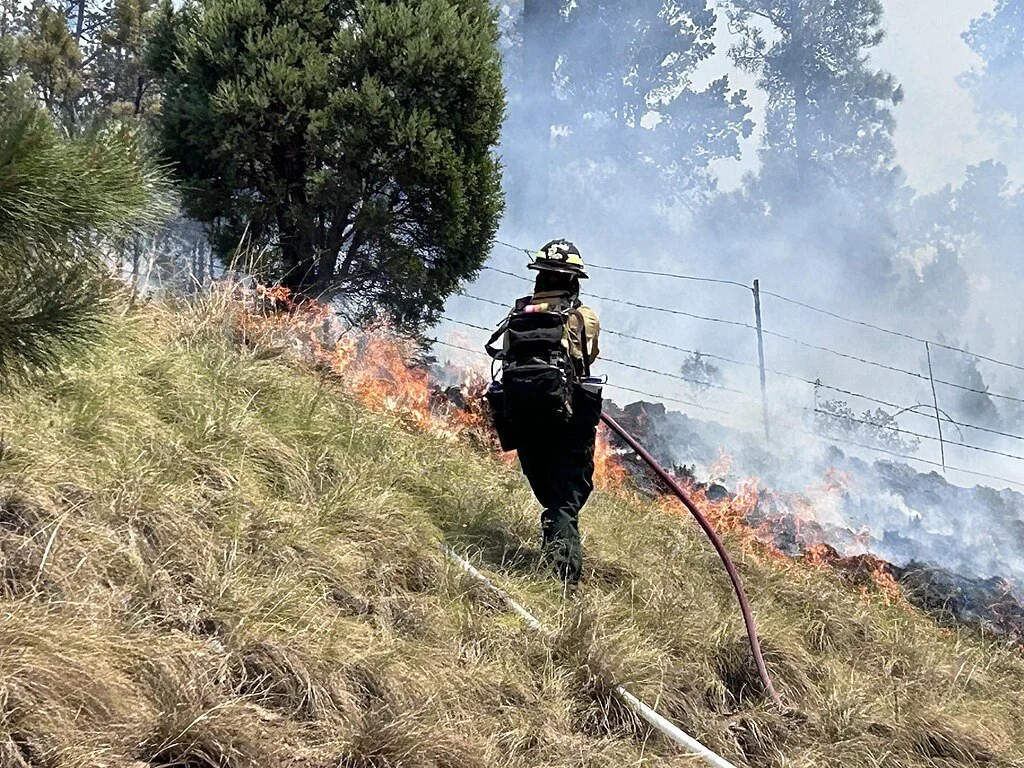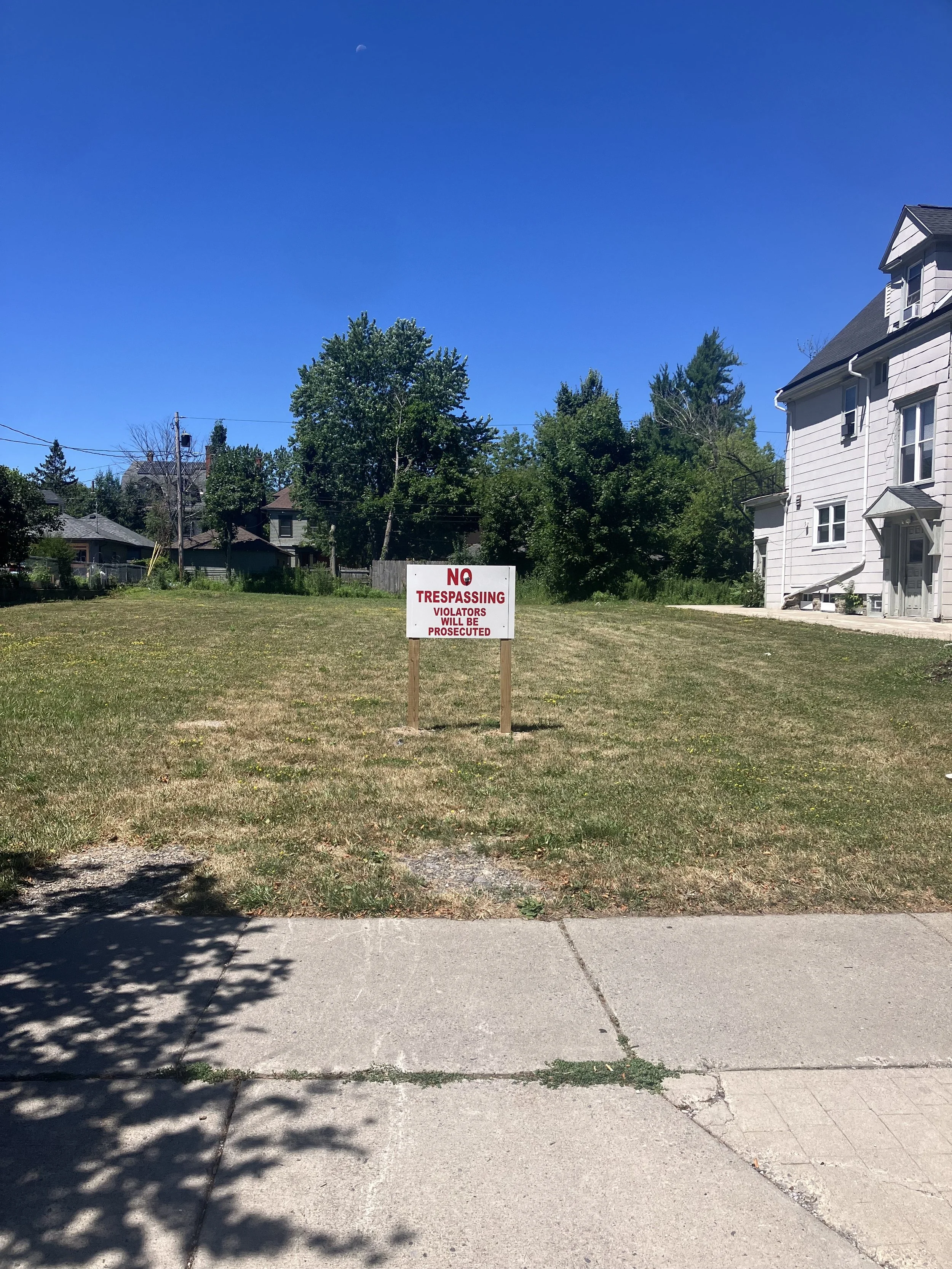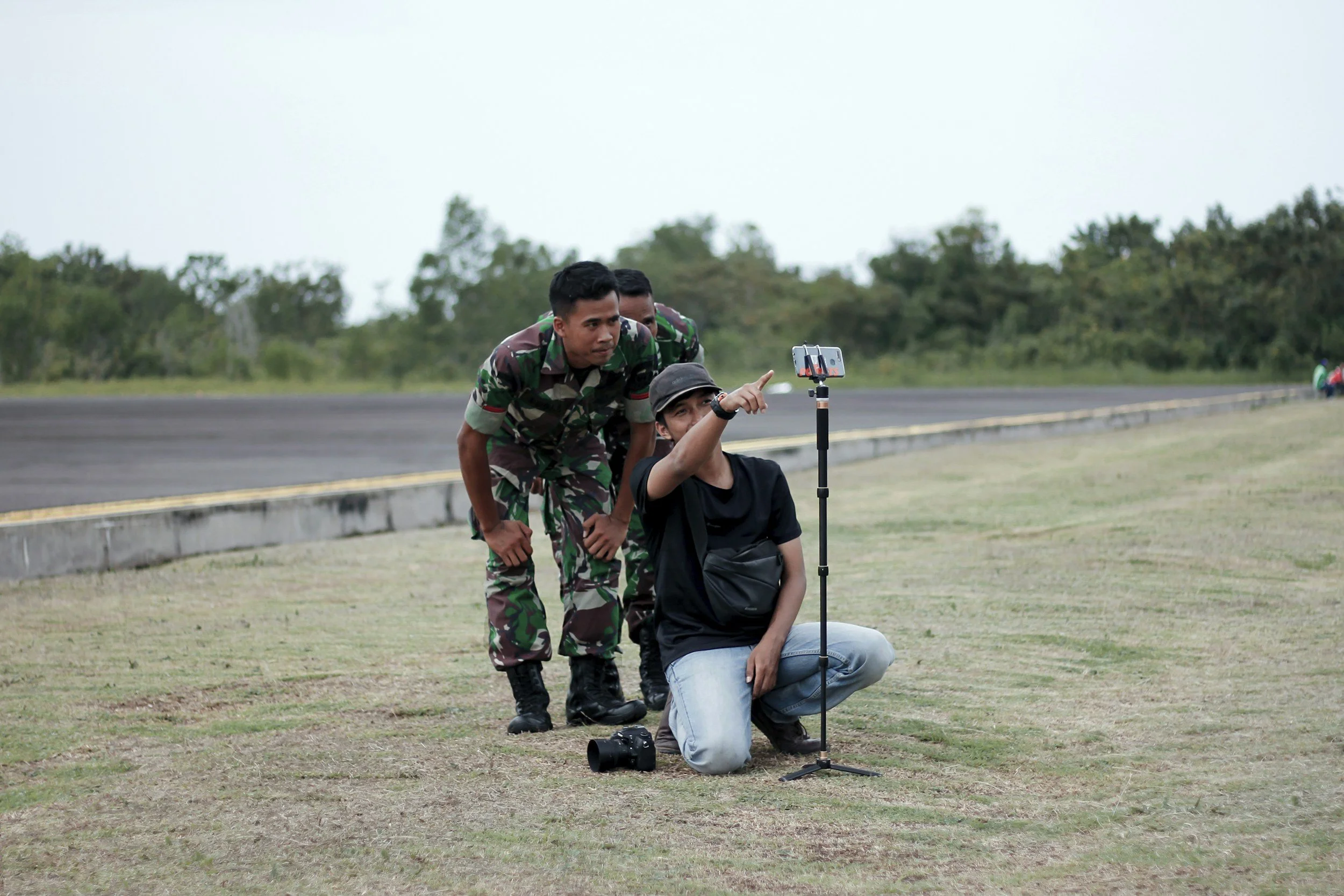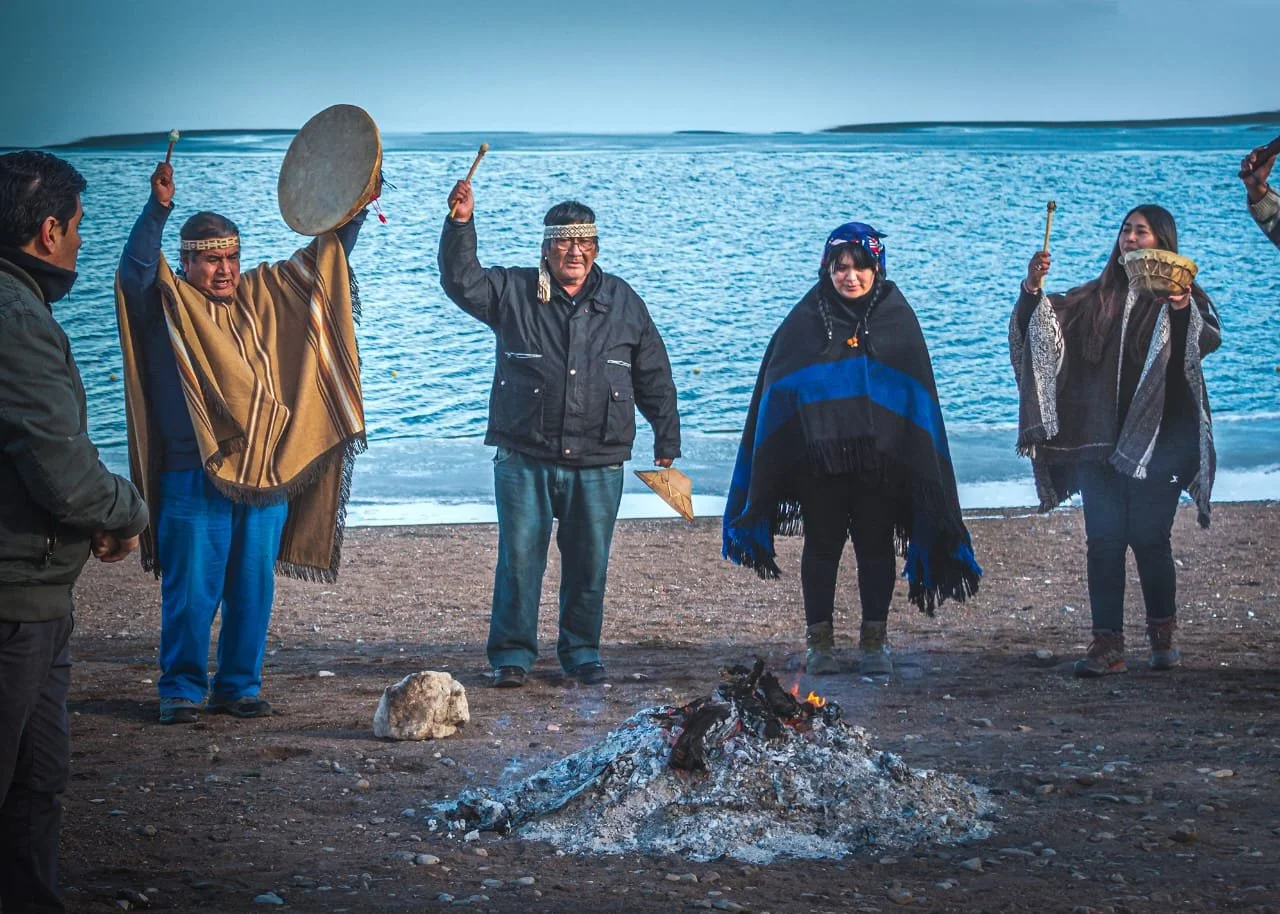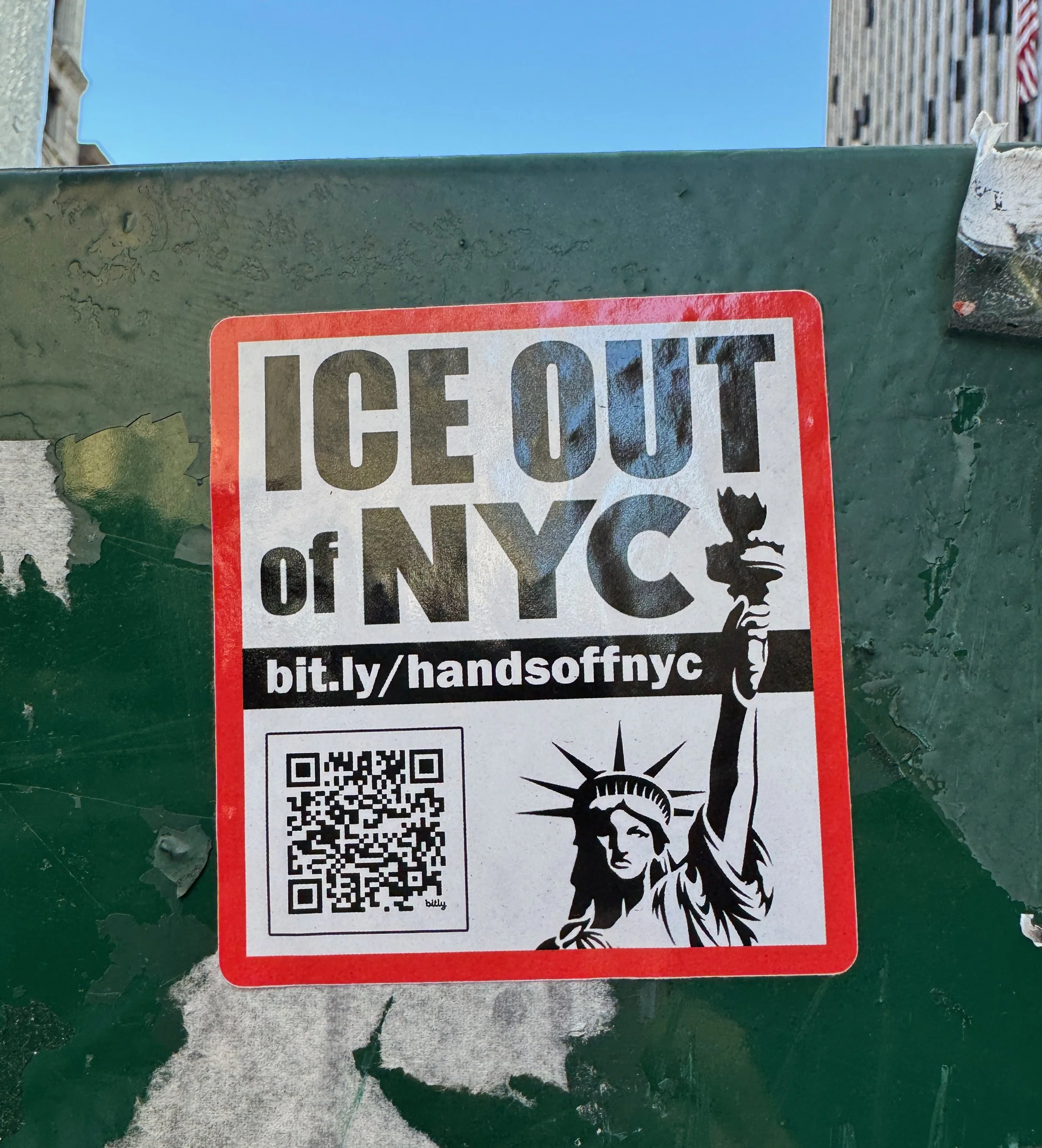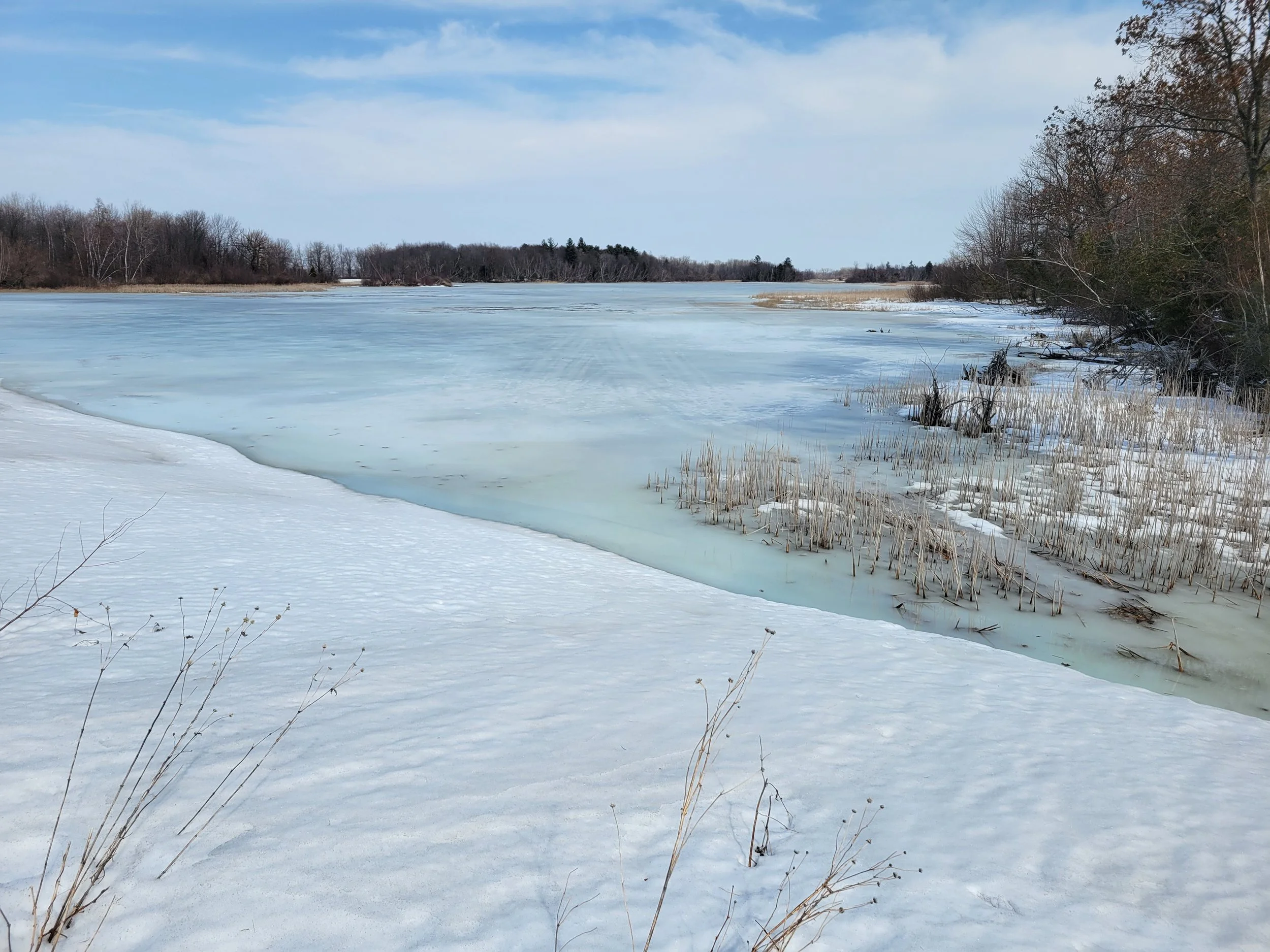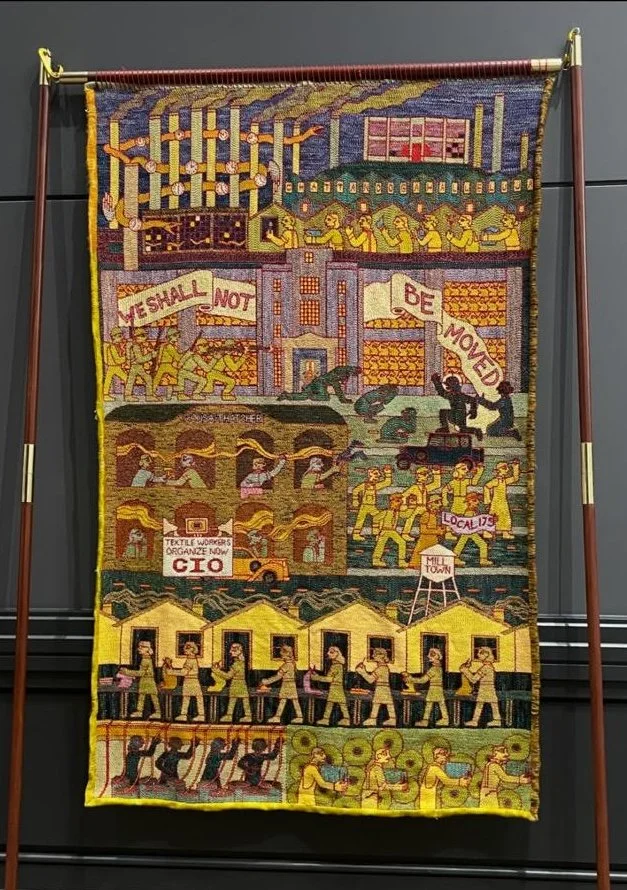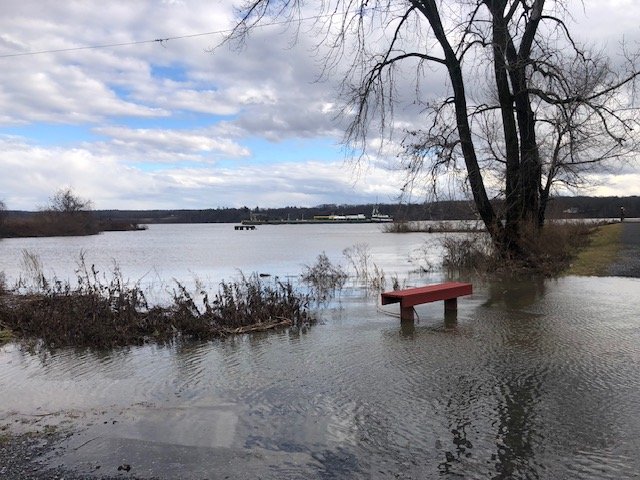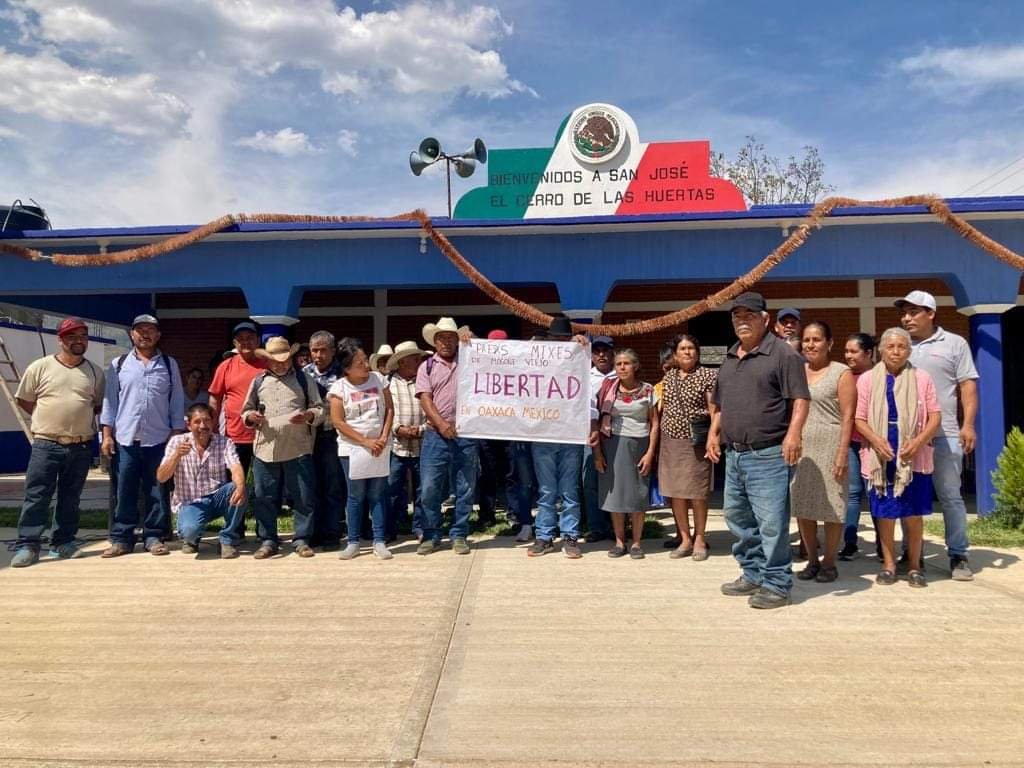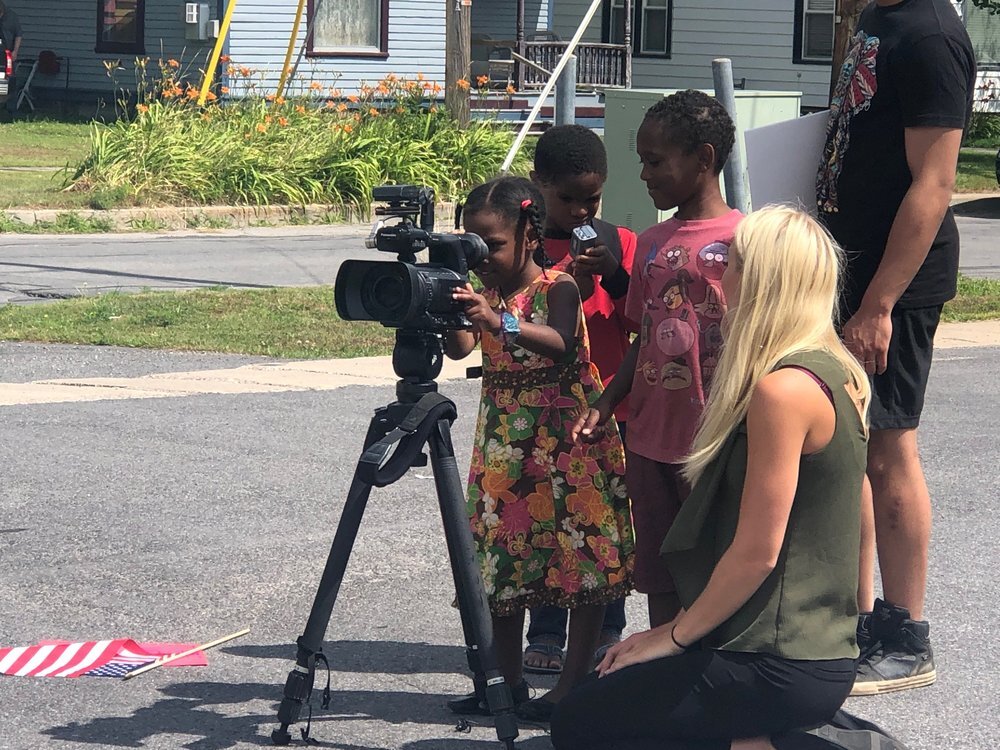
Stories
News

Analysis
Voices
Podcast
Announcements
Events

All Stories
Global Indigenous Peoples News Bulletin #10 (November 2025)
Indigenous voices at the COP30 summit highlight this month’s round-up
Global Indigenous Peoples News Bulletin #9 (October 2025)
News on extractive industries, AI, the rights of nature, and struggles over Indigenous Peoples Day.
How to Listen When Nature Speaks
A new toolkit from Talking Rivers invites organizations to rethink their relationship with the living world—through language, governance, and the simple act of listening.
Global Indigenous Peoples News Bulletin #8 (September 2025)
News of Indigenous resistance, leadership, education, and reflection on the impact of AI.
Global Indigenous Peoples News Bulletin #7 (August 2025)
News from Mexico, Thailand, Cambodia, and Argentina
Ancient Voices: The Call Against Contamination of Mayan Cenotes
The light of the sun finds its way through the small hole in the ceiling, turning the water bright and blue. A sharp contrast to the otherwise dark cave, with limestone walls that seem to enclose you in a tight, cold grip. Stalactites have formed over thousands of years, and plants have started to grow from the opening of the cave, cascading into the water. The air is damp with the earthy scent of rock and minerals, it pulls you in.
Green Extractivism: How Clean Energy Fuels Conflict in Myanmar’s Kachin State
In Myanmar, the search for rare earth minerals is a tangle of militarization, environmental damage, and resistance.
Owámniyomni: Waters Speak
I barely remember what I was before this, before the monotonous concrete slope you designed. I slide down it as hard as I can, still spraying and twisting and foaming with a neverending hissing roar as I land in the waters below me, but I sense that something has been lost.
Global Indigenous Peoples News Bulletin #2 (March 2025)
This newly launched bulletin focused on Global Indigenous Peoples News, part of the Glocal Exchange project of Weave News, seeks to highlight some of the current issues from Indigenous communities in different parts of the world. Issue #1 of the bulletin was published in Weave Notes, our Weave News newsletter. The focus of the bulletin is aligned with the overall purpose of the Glocal Exchange project, which examines globalization through its impact from the perspective of local communities. It also supports the Weave News mission to “investigate and report about contemporary issues that are either underreported by establishment and other corporate media or reported in a way that excludes essential context, perspectives, and voices.” These are “issues that have a strong justice component and that reveal connections across communities, borders, struggles, and experiences.”
Community Gardens in a War Zone: A Call for Solidarity
How do you take care of community gardens in a war zone? How do you educate communities about the importance of protecting non-human animal rights while you hear machine guns firing in the distance? For those who live in countries that have the privilege of peace, these conditions might be hard to imagine. However, the Initiative pour le Progrès et la Protection de l'Environnement (IPPE), or the Initiative for Environmental Progress and Protection, has become all too familiar with realities of running an environmental nonprofit amidst waves of mineral extraction-fueled wars.
We Have Entered the Era of ‘Global Boiling’ - Marine Wildlife, Ecosystems, and Economies Are Being Devastated
Marine heat waves are causing record-breaking ocean temperatures that kill animals and impact ocean-based industries.
A Historic Win for NYC Climate Activists Shows the Impact of Direct Action
In a historic statement on October 22, New York City Comptroller Brad Lander announced support for a plan to divest the city’s pension funds from downstream and midstream fossil fuel infrastructure. Paired with previous divestments in upstream infrastructure and public holdings in fossil fuels, this plan would make NYC the first major U.S. city to fully divest major public pension funds from fossil fuel infrastructure. Lander has been showered with praise for this decision. But where is the praise for the activists who helped make it happen through direct action?
How Many Drops in a Tidal Wave? Tribal Members and Allies Carry Water 31 Miles in Response to Proposed Copperwood Mine
At 7:00 a.m. on September 14, 2024, dozens of people in colorful skirts and dress pants begin gathering around a small brick duplex at the Michigan/Wisconsin state line in the westernmost Upper Peninsula, just down the road from a series of budget strip clubs and adult video stores. This may seem like a strange place for a Native American ceremony, but not so: just beneath the bridge flows the Montreal River, and anywhere with Nibi is sacred.
Arbol de Fuego (Tree of Fire)
Suffocated by the accumulated heat of the day, the night became long. The smell of smoke woke us up. At that moment we thought that some neighbor was burning garbage. We soon realized that the smell was different. It smelled more like burnt wood.
The Scarcest Resource is Wilderness: A Call to Oppose the Copperwood Mine Project
Lake Superior — or Gichigami, as the Anishinaabe call her — is a mighty spirit. She has cast a forcefield around the Upper Midwest, protecting it from development by bestowing us with atrocious farming soil, and indeed I have dented my shovel trying to dig a four-inch hole. But this is where the plot thickens. Because Lake Superior’s protection is not absolute, and rich geology doesn’t just attract agate hunters…
It also brings mines.
Something You Might Not Know About: Blackstone’s Champlain Hudson Power Express
The Champlain Hudson Power Express (CHPE), a transmission corridor owned by a subsidiary of private equity group Blackstone, is designed to import hydroelectricity from Canada to Queens. A closer look at the situation, however, reveals that the project represents an effort by a leading fossil fuel profiteer to augment its fossil fuel profits with greenwashed imported hydropower as a false climate solution.
Climate Justice Now! Spaniards Demand Decarbonization at Madrid March
“De norte al sur, de este al oeste, la lucha sigue, cueste lo que cueste! (From north to south, from east to west, the struggle continues, whatever it takes!)” With this and other slogans ringing in the air, hundreds of activists of all ages filled the streets of downtown Madrid, Spain, on September 15 to demand rapid decarbonization and climate justice. At a time when news reports here are filled with stories of floods, fires, and killer storms throughout the wider Mediterranean region, Madrid’s 15S Climate March provided a much-needed dose of what is usually missing from those reports: a clear-eyed look at the policy steps that must be taken in order to face down our climate crisis.
We Are Not Powerless: Advocating For Clean Water and the Rights of Rivers
Recently, wildfire smoke darkened our skies in northern New York, making being outside unpleasant to downright unhealthy. We experienced what it’s like when something fundamental that we take for granted, such as clean air, isn’t available. Here in the North Country, far from big cities, we expect clean air; yet we were powerless to do anything about the air pollution we were suddenly suffering. Clean water is also fundamental to our well-being. We expect our waterways to be clean and healthy, but clean water is under threat from pollution.
Resistiendo “Proyectos de Muerte”: Entrevista con Carlos Beas Torres
Aquí presentamos una entrevista con Carlos Beas Torres de la Unión de Comunidades Indígenas de la Zona Nortel del Istmo de Tehuantepec (UCIZONI), una organización que ha resistido a CIIT desde su inicio, y que forma parte de la caravana “El Sur Resiste.”
Resisting “Death Projects”: An Interview With Carlos Beas Torres
The following is an interview with Carlos Beas Torres, a member of the Unión de Comunidades Indígenas de la Zona Nortel del Istmo de Tehuantepec (Union of Indigenous Communities from the North of the Isthmus or UCIZONIT), an organization that has resisted the CIIT since its conception and forms part of the “El Sur Resiste” (The South Resists) Caravan.




